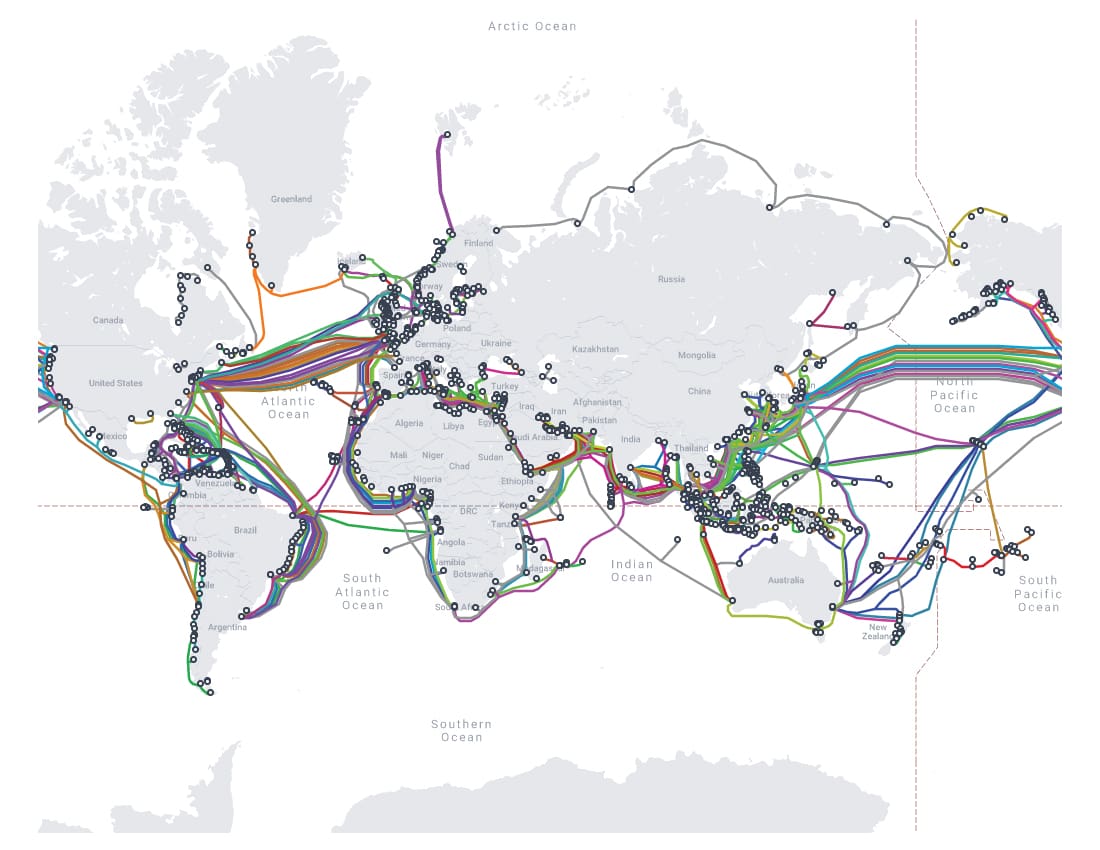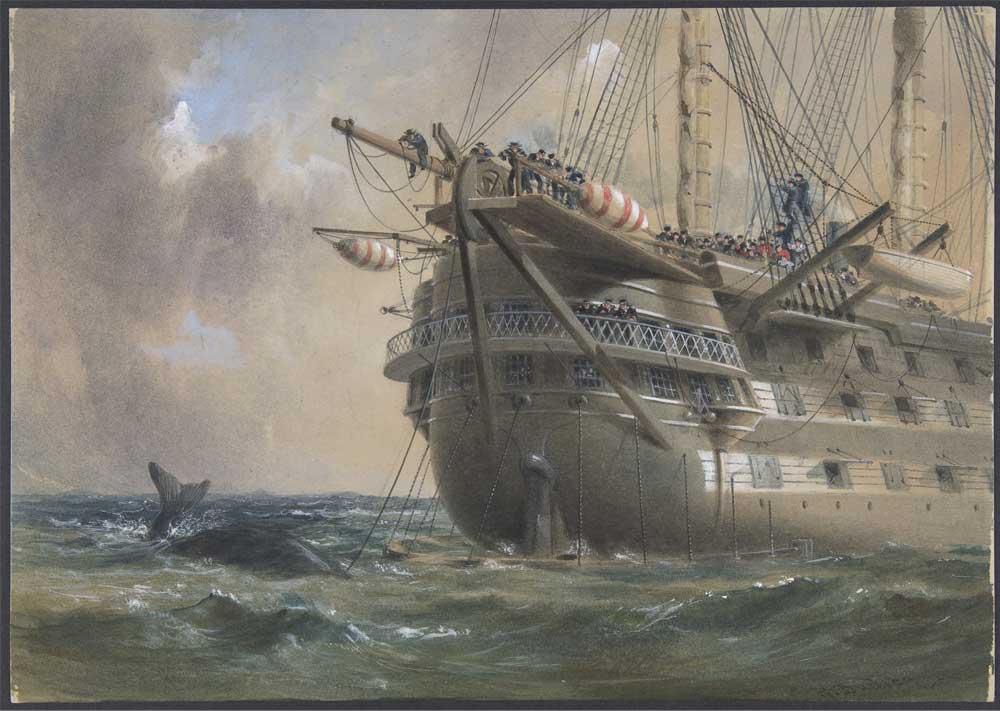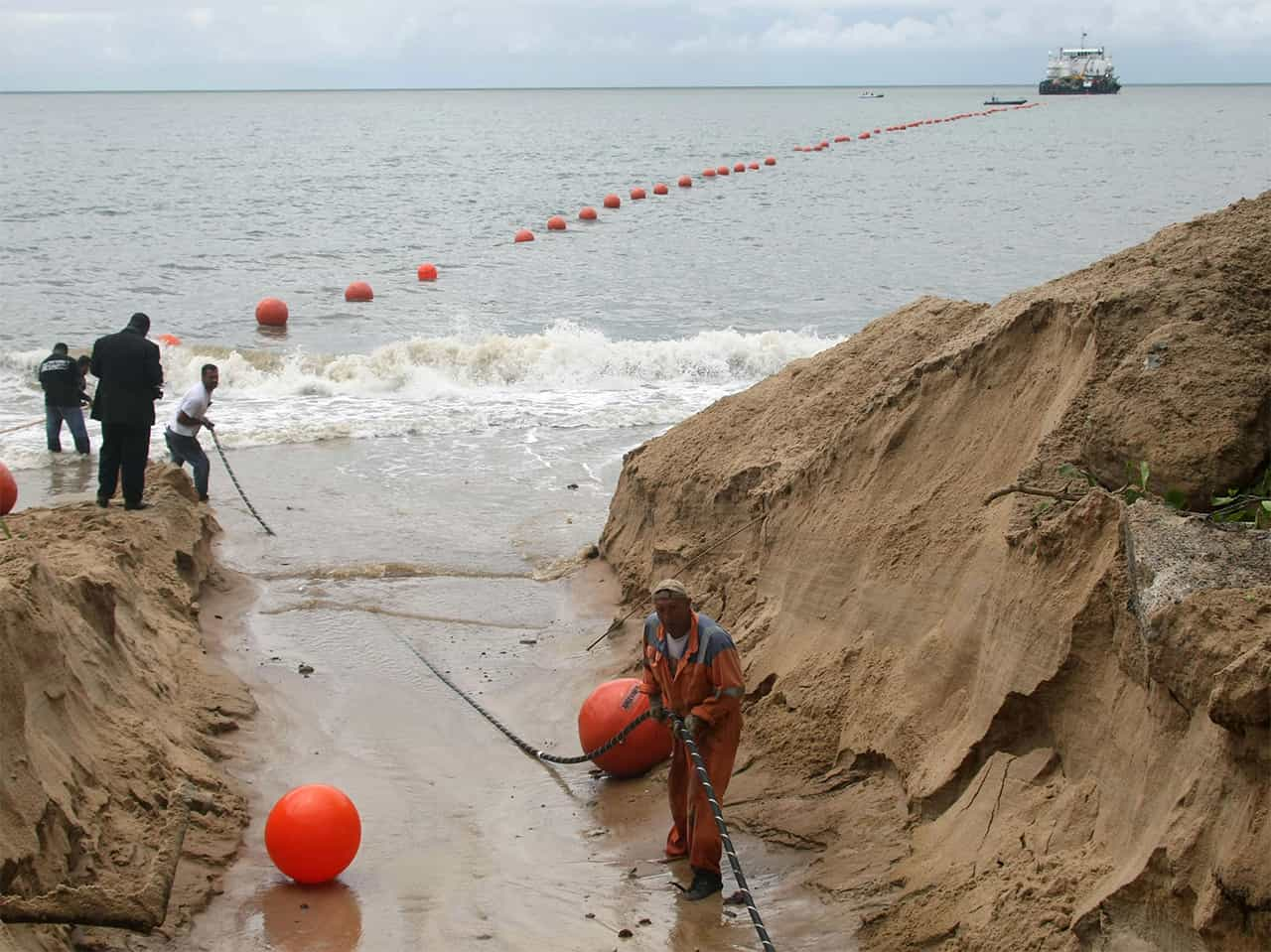Some people think that the internet passes wirelessly and through cables from their homes. Some think that the web is stored inside the cloud, as data is accessible in whatever device they use.
In fact, most of the internet flows through undersea cables. Such cables are the medium of much of the internet traffic around the globe, in conjunction with underground fiber connections, satellites, and microwave links.
The cables are around a width of a garden hose, but specifically designed to have extensive protective layers of metal and plastic that are wrapped around their hair-thin fiber optics that carry internet connection as pulses in the speed of light.
There are hundreds of those cables lying on the sea bed and ocean floors, with a combined length of over one million kilometers. The number of the length keeps adding up, as more cities and islands need to be connected.
But again, just like anything that brings changes, internet cables are vulnerable to geopolitical tension.
If one goes wrong for whatever reason, traffic needs to be diverted. Not only this can disrupt connection due to bottlenecks, as issues on the cables can also destabilize the web.
In turn, this can affect the economy, and again, creating political issues.
Read: The Internet Is Held By Underwater Cables: Connecting The World A Few Milliseconds Closer Together

The internet began as a U.S. government project, before other countries started implementing it, notably after ARPANET adopted TCP/IP.
Despite the U.S. still controls most of the internet cables, others like China has become involved in laying those undersea cables to benefit its own interest. Among others, as a way to become the key decision about the rollout of internet connections across the Pacific.
The result of this, include Taiwan that claimed China was backing private investment in Pacific undersea cable networks as a way to spy on foreign nations and steal data.
Similar concerns were seen when an undersea cable was about to be laid to Hong Kong. a direct cable connection between the U.S. and Hong Kong would pose an unacceptable risk to the national security and law enforcement interests of the U.S..
And when the World Bank and the Asian Development Bank funded an undersea cable to connect Micronesia, the U.S. sent a elicit warning, saying things about “security threats posed by a Chinese company’s cut-price bid”.
Far south, Australia that funded the undersea cable for Papua New Guinea and the Solomon Islands, have the control of the cable.
While claims can be true or false, what is certain is that, undersea internet cables are entwined with geopolitics.
This happens because the considerations are controlled by the minds of key decision-makers.
And those decision-makers include powerful countries, and those countries with strategic locations.
The result of this, countries that are located between two powerful sources, are made vulnerable. And if their internet cable connects to only one neighboring country and not through undersea cable, or through more than once source, this makes them even more vulnerable, as connection is susceptible to cable-clipping attacks.


In other words, if anything happens following a tension between countries, the internet can be disrupted.
And this will affect in the flow of information that needs to go in and out of a country.
From banking transactions to others, cryptocurrencies, news media and lots more. Many things can get affected.
Content Delivery Networks (CDNs), which work by making online services have content readily available to users closest to their location, can also get disrupted. If this happens, the issue can cripple Google, Facebook, Twitter, PayPal, Amazon, Spotify, Netflix and many more.
The internet, despite designed as a decentralized connection (but centralized by big companies), its connection is extremely reliant on the decisions made by governments.
This is why policymakers, non-governmental organizations, businesses, activists and others need to understand that the global internet is literally a U.S.-controlled internet. That, thanks to the U.S. and its handful of U.S. corporations that helped laid most of the internet cables, if compared to other countries.
It was reported that together, U.S. corporations, nonprofits and government agencies could block a cumulative 96% of content on the global internet in some capacity.
Because not everyone is happy with this fact, other powerful countries can impose their own limitation to the internet that within their territory.
For example, Russia has its own internet, which can work without the global internet. Russia also throttles some U.S. internet services. China on the other hand, also blocks a number of U.S.-based services. In India, the government is known to regularly shuts down the internet regionally during civil unrest.
These domestic maneuvers are threats that can create localized meltdowns.
All of these happen, and will continue to happen because there is no single best path for the internet. Because the dominance of the U.S. and powerful countries are likely to persist, the only way to ensure connectivity, is to know how to control the imperfectly, but largely open internet.
